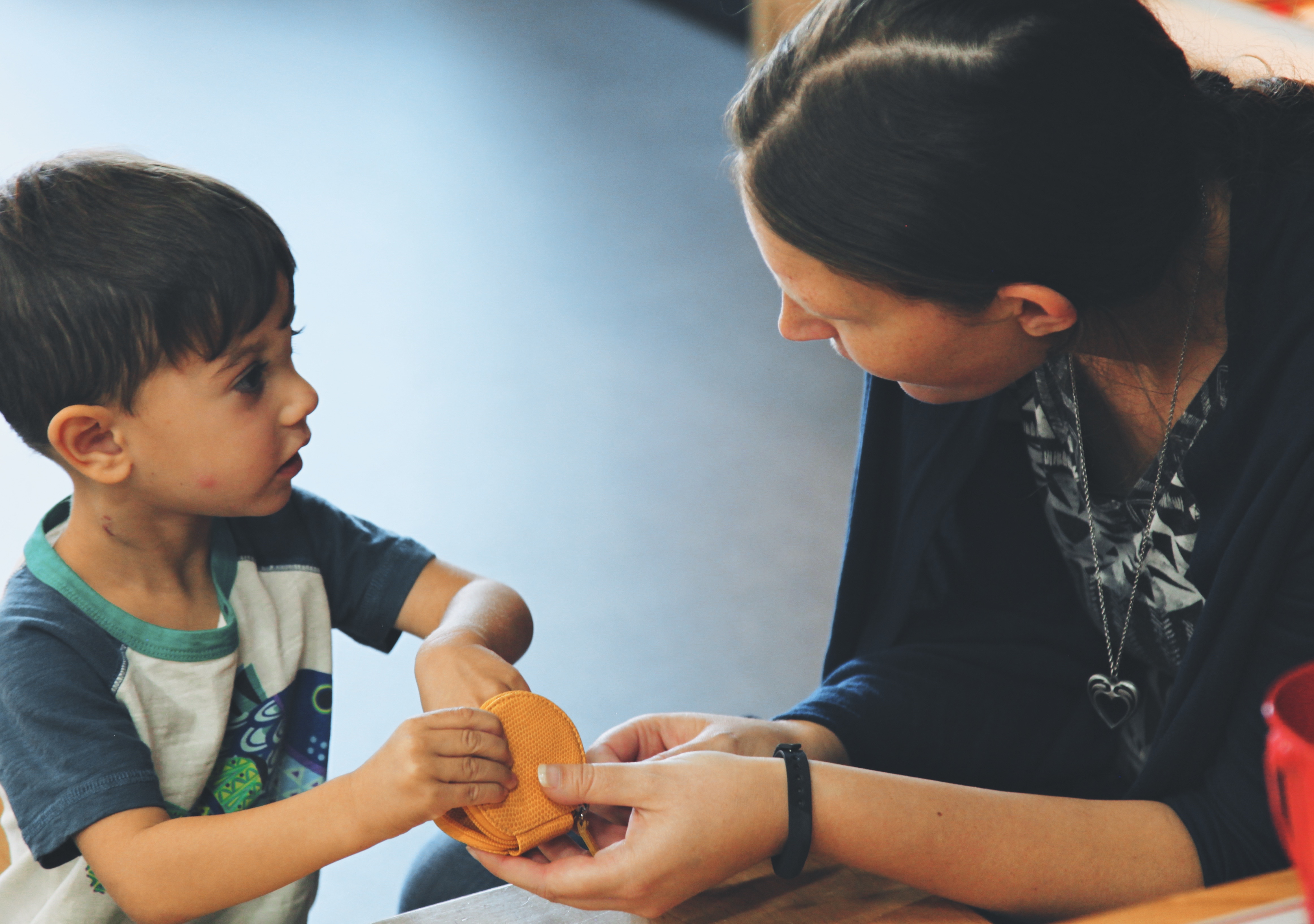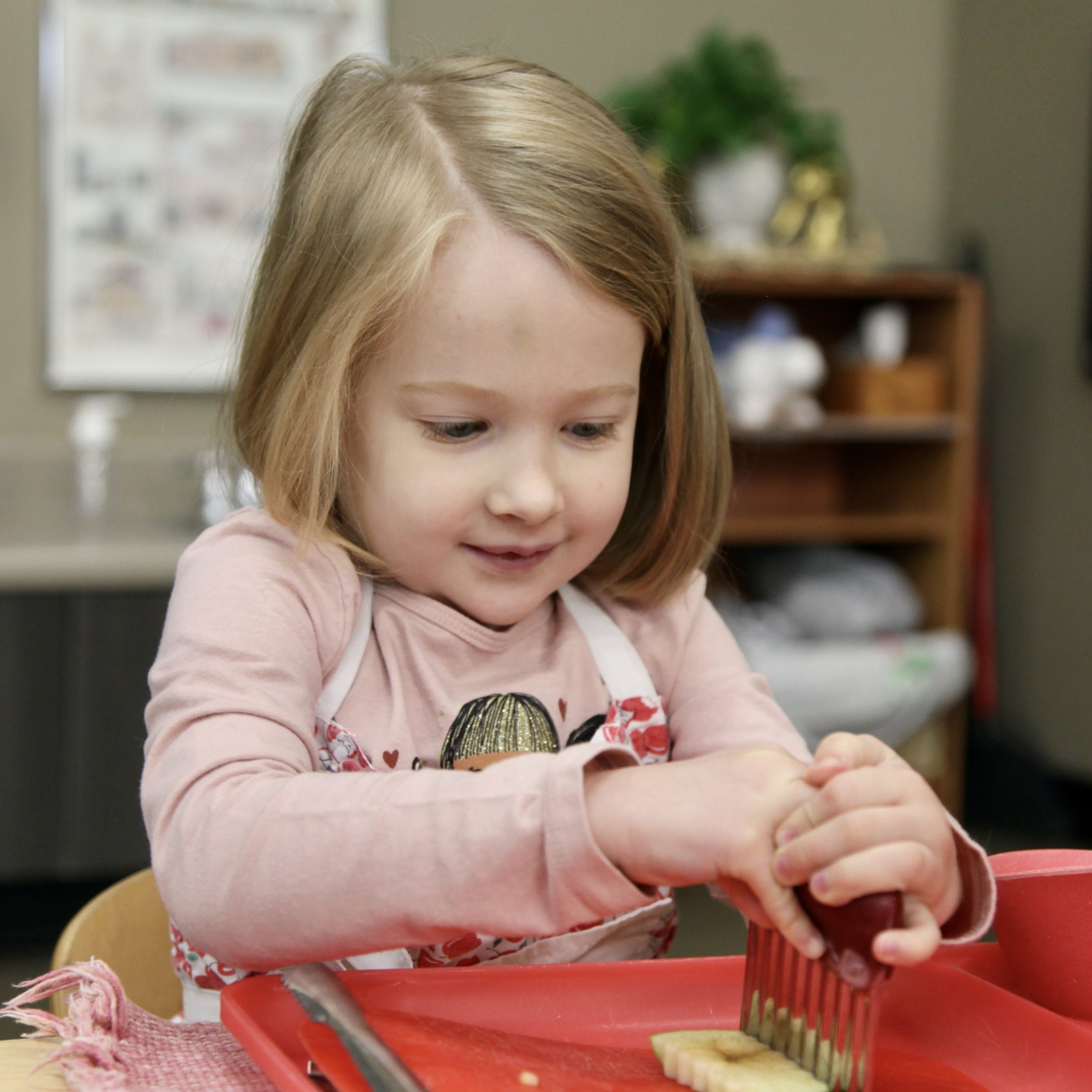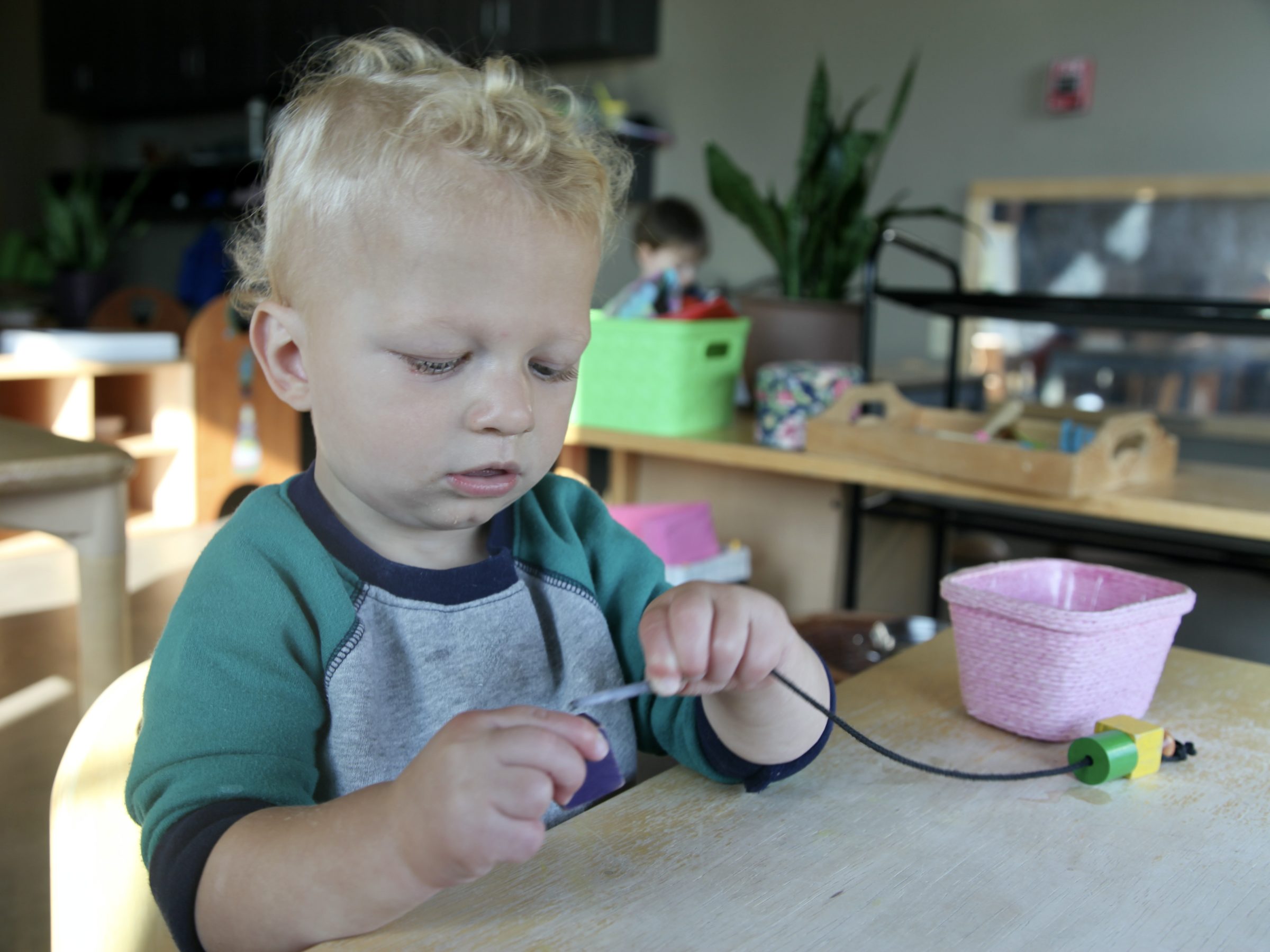Communication with Children
Podcasts
Communication. It’s what we do, day-in, day-out. We’re communicating whether we intend to or not. It’s vital to the human experience, it’s how we bind ourselves in relationships, it’s how we interact.
And it’s complicated. Especially so when we’re speaking about communication with children. As various forms of communication are effective for different people, we’ve not only written this post, but we’ve also recorded a Podcast, which can be found at the bottom of this page or on iTunes.
Additionally, we recorded a Webinar on October 14th, which can be found on Facebook, if you’re interested! Feel free to share your thoughts or questions in the comments under the video.
Is it ironic, or appropriate, to have so many methods of communicating about Communication? It’s such a dense subject, and our understanding is ever-evolving, as it should be!
There are differences between home and school, between parent and educator, and there absolutely should be. These differences enrich our lives, and having a whole community of adults helping bring you up supports a child. It can be helpful, though, to use some of the tools for communication in other environments, like home, that we implement in the classroom. We thought we’d share some here.
Stick to the facts. It’s not unusual for a child to spill water on the floor in the classroom, and perhaps get a bit distracted or not notice. Oh, there’s water on the floor, rather than, why haven’t you cleaned up this big mess?! We’re trained in patience, and we have the invaluable benefit of a room full of children, a gift not readily available at home. These other children won’t let you make a mess and walk away, so merely pointing something out, and having the tools available for a child to remedy this themselves, usually does the trick. Not always, though, and what do we do in those situations?
You’re the expert in your child. You know what’s going to be effective. You’ve been communicating by intuition and empathy perhaps even before they were born. This is a tool you have, that the classroom doesn’t. You know when an argument is merely because this is a trigger, either for parent or for child, or because everyone is a bit worn thin from a long and tiresome day, or because very little positive is said when you’re trying to get dinner on the table.
This is where we remember, we’re the adults. We have more ability (most of the time) to regulate, to check our emotions and ensure we’re responding, not reacting.
Reacting is an emotional response. We can all identify this — the cranky “that’s fine” when your latte is made with almond instead of soy milk, the short fuze when your partner screws the lid on a jar just a bit tighter than mornings can handle. It’s us, not our best. It’s a moment when we can pause, reflect, identify what could have gone better, and try to be better next time. Although, we’re human, and we will sometimes fail. Let us remember to be gentle and forgiving — communication is a learning experience.
“You’re the expert in your child. You know what’s going to be effective.”
Responding is a thoughtful response. It’s when we remembered to bring a cheese stick and an apple when we’re going on errands, so we’re not adding to difficulty. It’s anticipating and preparing. It’s setting ourselves up for success, so we can best help a child.
Reacting is a reflex that sometimes we regret — holding fast or giving in, just because or out of exhaustion or frustration. “Because I said so,” is usually a reaction.
Responding is the deep breath, the pause that means we’re able to think and give a child the answer they deserve, the answer we feel good about. “Let me think about that” is often a response.
Negotiation is a reaction. “I’ll give you a cookie if you get in your car seat.” “Just pee in the potty, and then we can get a sticker.” “You can have the iPad if you get in bed.” Negotiations are usually used when a child won’t do something we want them to do. This is an ideal time to pause and reflect — is a child doing me a favor? Or is this something a child might not want to do, but it’s necessary, or in the child’s best interest. When we have a moment to breathe, to reflect, to think, we realize, wait a second, this is what’s happening! You might not like going to bed, but it’s important. When you’re two, choosing your bed time is too much responsibility. Cake for dinner actually isn’t an option. We have to go home, and you have to wear a seatbelt. When it’s not optional, there’s not a negotiation.
“So, what is the different between a reaction and a response?”
Negotiations also aren’t necessary when we’re doing something for a child’s benefit, but the child is the one who will have to make the next step. Using the toilet. Getting dressed. Is the alternative acceptable? A child will grow tired of needing to wait for an adult to be available to change a diaper, or will be uncomfortable being wet, and the desire for toileting naturally follows. Refusing to get dressed might be a battle of wills, until we drop the rope. We’ve had children come to school in pajamas, and it usually only happens once. The questions from other children do more to convince a child to put her clothes on than a promise of a treat ever could.
So, what is the difference between a reaction and a response? Perhaps it’s a breath. Perhaps it’s a half-second pause before answering. Perhaps it’s noticing when we’re feeling stressed or tense or annoyed, and if our answer reflects these feelings or a rational thought. Perhaps it’s simply noticing when we reacted rather than responded. Taking note, thinking about a response would have been, and packing it away for next time. Maybe it will emerge, maybe not. Be patient, be gentle, move forward. We’ll get it figured out.
Listen to this podcast about Communication with Children, and be sure to subscribe on iTunes.
Written by:
Charlotte Snyder







